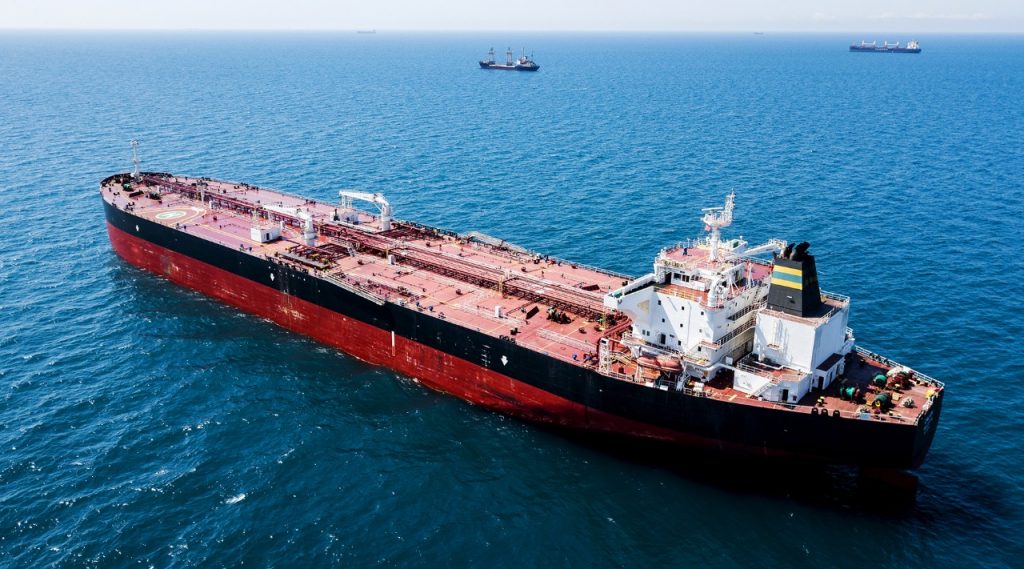14 april

Energy Minister Bolat Akchulakov told how much oil Kazakhstan can export bypassing the Caspian Pipeline Consortium, the correspondent reports business information center Kapital.kz.
"Today we already have alternative ways to export 16.5 million tons of oil," Bolat Akchulakov said on the sidelines of the Majilis.
This volume of oil can be exported through the Atyrau-Samara pipeline, as well as in the direction of China. "Nevertheless, this is not enough, it is difficult to distribute the full 54 million tons," he said.
Meanwhile, during the plenary session in the Majilis, MP of the NPK Aikyn Konurov said that the current oil export model is unacceptable from the point of view of Kazakhstan's economic sovereignty. The authorized state body should understand this, and not act as an extra, simply voicing the information of the CPC operator, he believes.
"The accident at the CPC should be seen not just as a technical incident, but as the inferiority of the entire structure of the strategic oil and gas sector. In fact, it is all tied up literally "on one pipe". In fact, about 80% of oil exports to the European Union, which is our largest market, are carried out through the CPC. Thus, the fate of export revenue, which provides replenishment of the republican budget and the National Fund, depends on one pipeline, in which the share of the state represented by the national company KazMunayGas is only 19%", – the deputy reported.
Recall that the equipment of the sea terminal near Novorossiysk, through which the oil of the Caspian Pipeline Consortium goes, was damaged as a result of the storm.
CPC is a major international oil transportation project with the participation of Russia, Kazakhstan and the world's leading mining companies, implemented for the construction and operation of a trunk pipeline with a length of more than 1.5 thousand km. The system receives raw materials mainly from large deposits in Western Kazakhstan, as well as from Russian producers, then it is transshipped at a port near Novorossiysk. Kazakh shippers account for about 80% of the volume of transportation. The capacity of the pipeline is 67 million tons of oil per year, and after the implementation of the bottleneck elimination program, calculated by the end of 2023, the pipeline will be able to receive up to 83 million tons annually.

